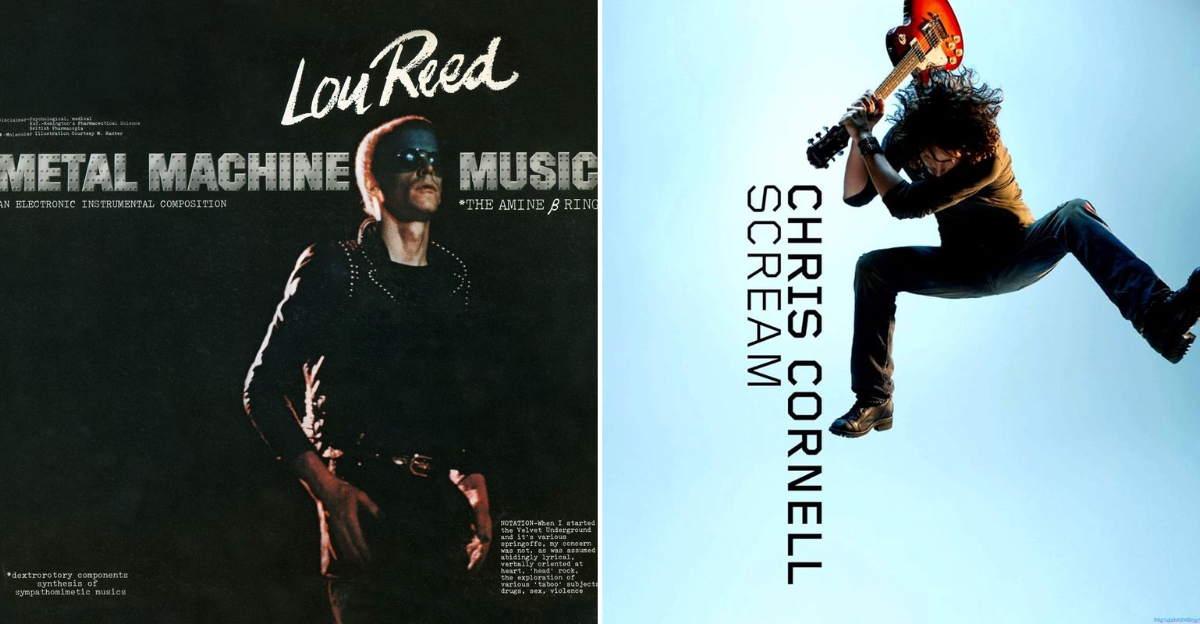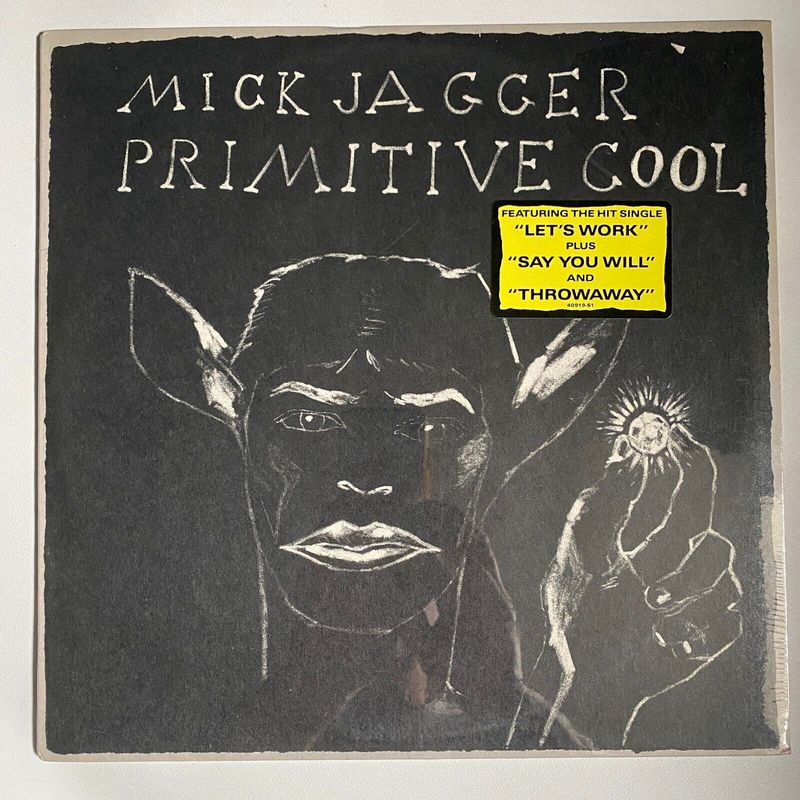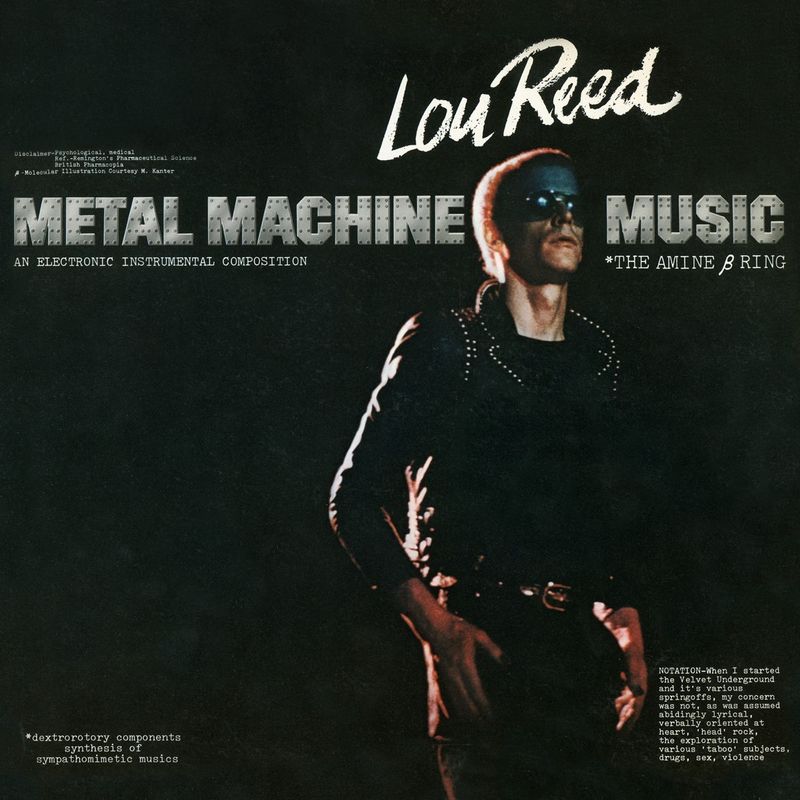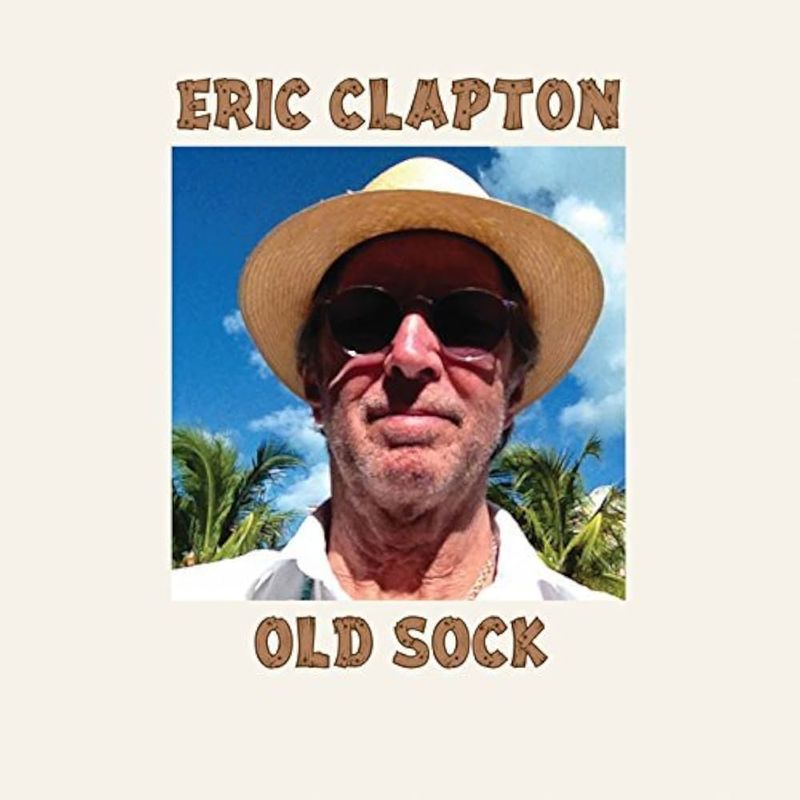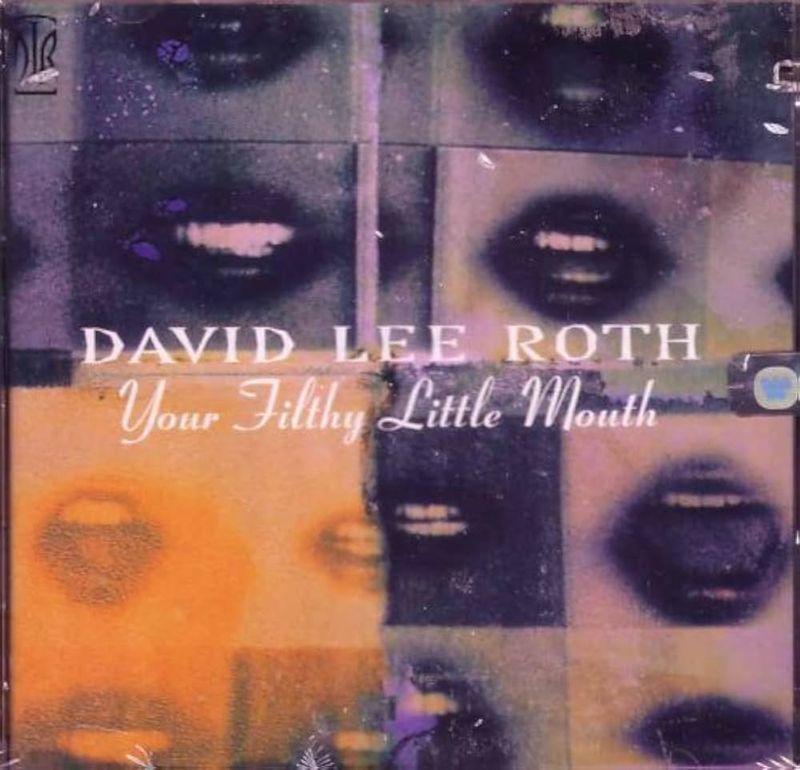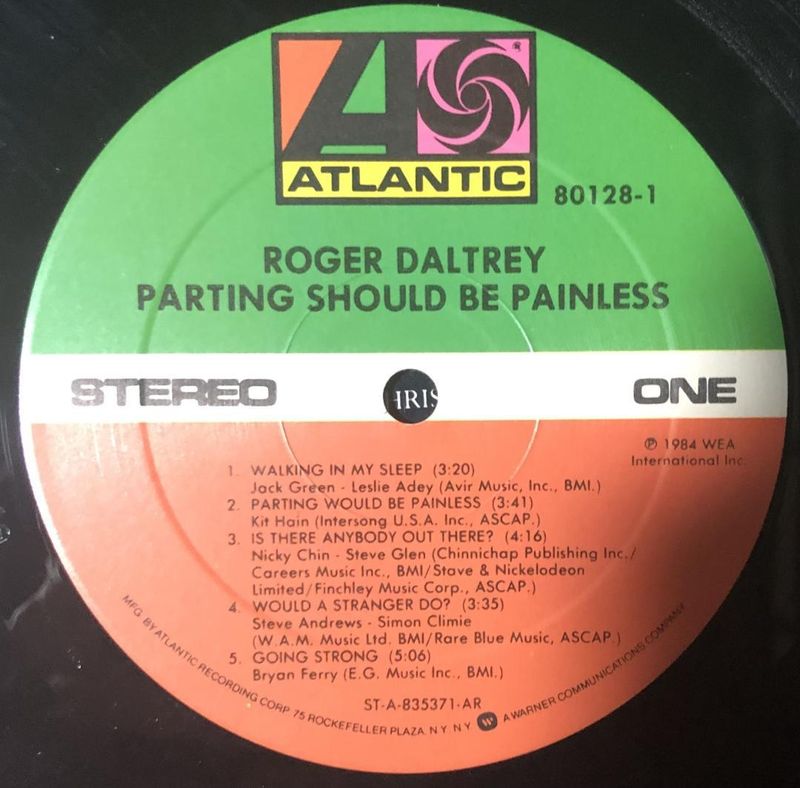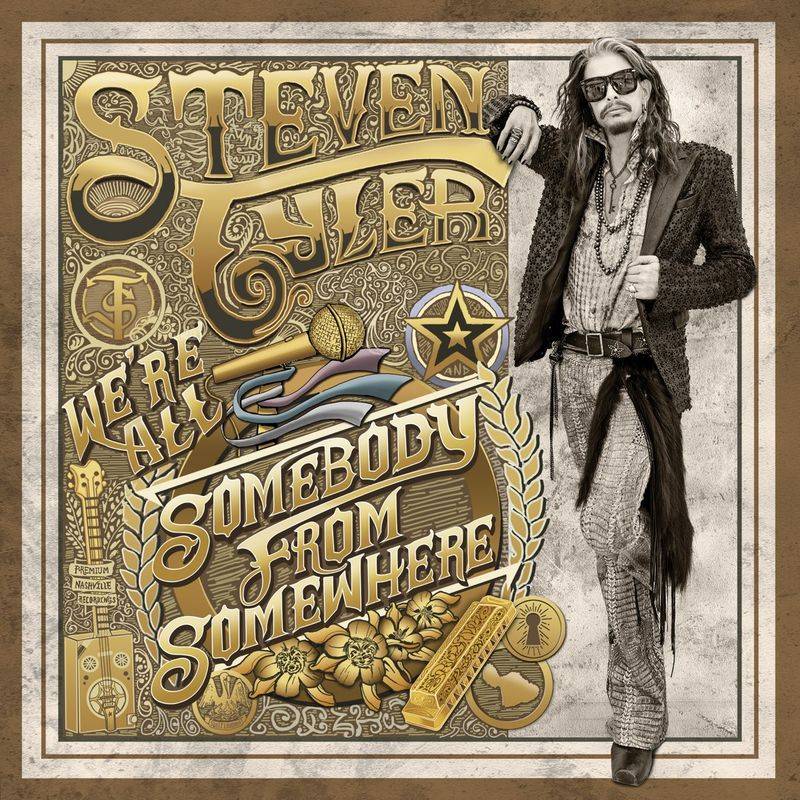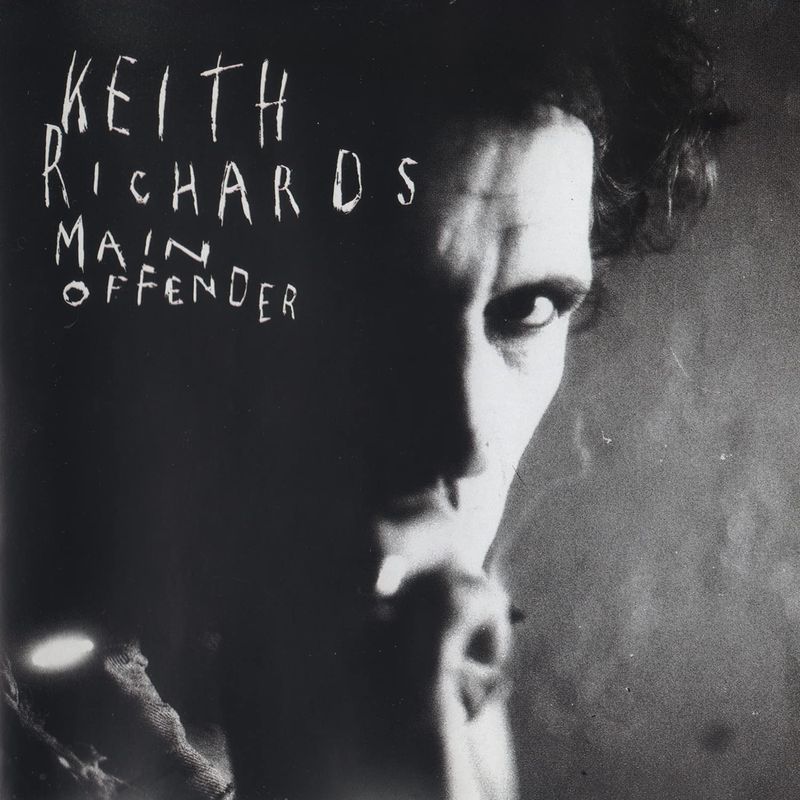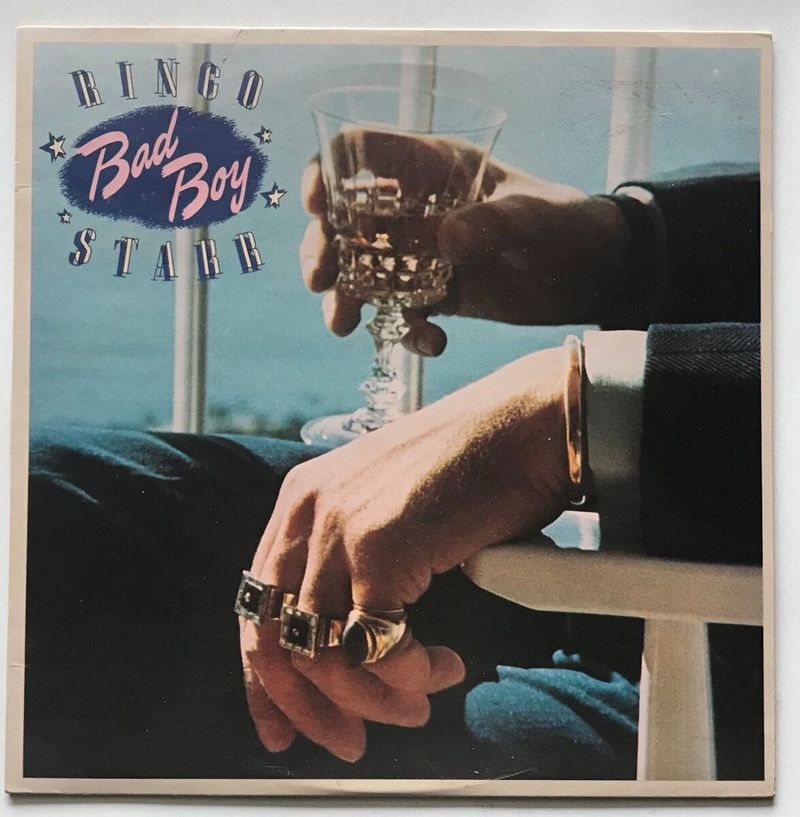Rock legends have graced the world with timeless music, captivating audiences with their iconic bands. However, when these legends venture into solo projects, not all of them hit the right notes.
Here’s a closer look at ten solo albums that left fans puzzled, wondering what these legends were thinking.
1. Mick Jagger – Primitive Cool (1987)
Mick Jagger’s second solo effort, “Primitive Cool,” was anything but. Released in 1987, it lacked the raw energy that made The Rolling Stones legendary. The album felt overproduced and soulless, missing the grit fans craved.
Jagger’s attempt to strike a chord with a contemporary audience fell flat, leaving many yearning for the old Stones magic. Critics were less than kind, noting its lack of cohesion and memorable tracks.
Despite its high-profile production, the album failed to capture the rebellious spirit fans expected, making it a forgotten chapter in Jagger’s storied career.
2. Paul Stanley – Live to Win (2006)
In 2006, KISS frontman Paul Stanley decided to step away from the iconic face paint for his solo album “Live to Win.” Unfortunately, this venture into pop-rock territory resulted in an uninspired collection of tracks.
The album leaned heavily towards generic radio filler, lacking the charisma and energy that Stanley was known for in KISS. Fans were left wondering where the legendary rock spirit had vanished to.
Critics noted its polished but ultimately empty sound, leading to a lukewarm reception. This solo attempt strayed too far from Stanley’s rock roots, leaving it largely forgotten.
3. Lou Reed – Metal Machine Music (1975)
Lou Reed’s “Metal Machine Music,” released in 1975, is infamous for its abrasive guitar feedback spread across a double album. Even Reed hinted at its near-unlistenability, leading many to speculate it was a joke or a middle finger to his record label.
The album, devoid of traditional melodies, left fans and critics polarized, with some considering it groundbreaking noise art while others deemed it a failed experiment.
Despite its divisive nature, “Metal Machine Music” has garnered a cult following over the years, though it remains a challenging listen for even the most devoted Reed fans.
4. Eric Clapton – Old Sock (2013)
Eric Clapton’s ‘Old Sock’ was a step away from the bluesy brilliance that fans adored. Released in 2013, it was a collection of covers and two originals, leaning heavily into Clapton’s influences. The album’s mellow and laid-back vibe didn’t resonate with all fans, leading to mixed reviews. While Clapton’s guitar work was still impeccable, the lack of new, groundbreaking content was disappointing. Critics argued that Clapton could have pushed his boundaries further instead of playing it safe. The album felt more like a personal playlist than a cohesive artistic statement.
5. David Lee Roth – Your Filthy Little Mouth (1994)
David Lee Roth’s 1994 solo album “Your Filthy Little Mouth” was an ambitious attempt to mix blues, reggae, and lounge music. Unfortunately, this eclectic approach left fans dissatisfied, longing for the party rock anthems of Van Halen.
The album struggled to find a coherent sound, meandering through various genres without a clear purpose. Critics were quick to point out its lack of focus, as the album failed to resonate with both new and longtime fans.
Despite Roth’s undeniable talent, this solo venture didn’t capture the excitement and energy that made him a rock legend.
6. Roger Daltrey – Parting Should Be Painless (1984)
In 1984, Roger Daltrey ventured into solo territory with “Parting Should Be Painless.” Unfortunately, the album’s overly sentimental tone and forgettable ’80s soft rock style left fans unimpressed.
The Who frontman’s attempt to carve out a solo identity fell short as the album lacked the dynamic energy and passion that defined his work with the band. Critics noted its bland production and uninspired tracks, making it a lackluster addition to Daltrey’s discography.
While Daltrey’s voice remained a highlight, the album’s failure to connect with audiences made it a lesser-known effort in his career.
7. Steven Tyler – We’re All Somebody from Somewhere (2016)
Steven Tyler’s 2016 solo debut “We’re All Somebody from Somewhere” marked a surprising shift into country music. This unexpected move left fans bewildered, as the Aerosmith frontman traded rock for twang.
The album’s country-infused sound failed to resonate with many of Tyler’s longtime followers, who were unprepared for this dramatic genre change. Critics were divided, with some appreciating Tyler’s willingness to explore new musical territories, while others felt it lacked authenticity.
Despite Tyler’s charismatic presence, the album’s departure from his rock roots made it a curious, albeit forgettable, chapter in his musical journey.
8. Chris Cornell – Scream (2009)
In 2009, Chris Cornell teamed up with producer Timbaland for the solo album “Scream,” blending R&B and rock in an unexpected mix. This collaboration left many Soundgarden fans scratching their heads.
The album’s slick production and pop influences starkly contrasted with Cornell’s grunge roots, leading to mixed reviews from critics. While some praised his willingness to innovate, others found it a mismatch.
Cornell’s powerful vocals shone through, yet the album’s departure from his iconic sound made it a polarizing addition to his discography, leaving it a curiosity rather than a triumph.
9. Keith Richards – Main Offender (1992)
Keith Richards’ second solo album, “Main Offender,” released in 1992, struggled to live up to its predecessor. While his first solo effort had charm, this one felt like leftovers from a Stones session, minus the magic.
The album’s lack of standout tracks and its derivative sound left fans yearning for the classic Stones touch. Critics noted its uninspired nature, as Richards failed to capture the rebellious energy that defined his iconic career.
Despite his legendary status, “Main Offender” remains a lesser-known work, overshadowed by his contributions to The Rolling Stones’ enduring legacy.
10. Ringo Starr – Bad Boy (1978)
Ringo Starr’s 1978 solo album “Bad Boy” marked an adventurous attempt to ride the disco wave. Unfortunately, the former Beatle’s foray into this genre left much to be desired.
The album’s disco influence clashed with Starr’s signature style, resulting in a collection of tracks that failed to make a lasting impression. Critics were quick to point out its lack of memorable moments, leaving it as a footnote in Starr’s prolific career.
Despite the album’s shortcomings, Starr’s willingness to experiment remains noteworthy, even if “Bad Boy” didn’t quite capture the magic of his past successes.
